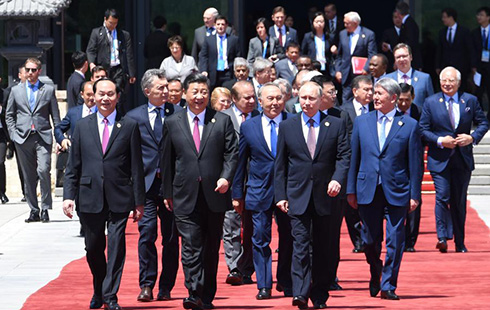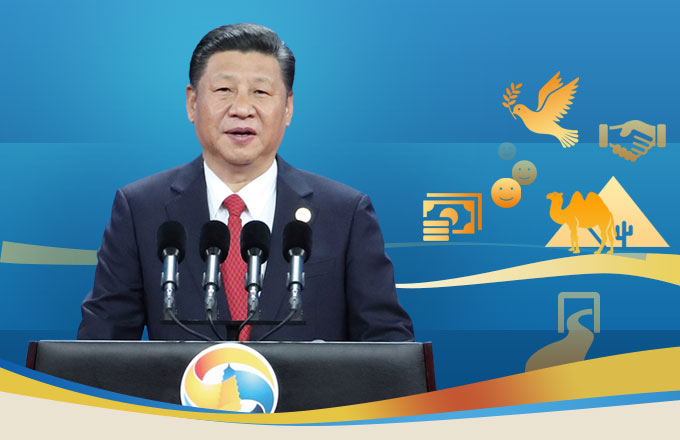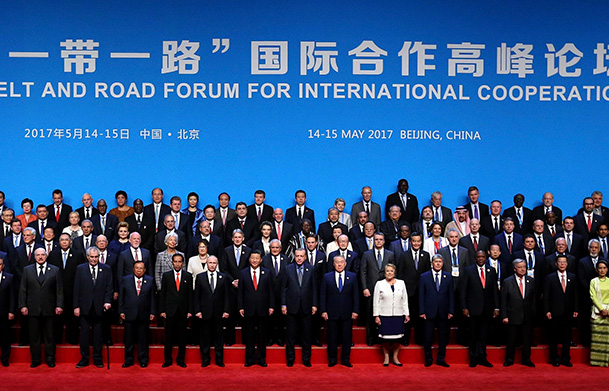Xinjiang e-commerce zone propels prosperity
Aksu city in Xinjiang Uygur autonomous region have got great achievements in operating online business and is ready to take their goods to go farer.
Since an e-commerce zone established in the city in January 2015, residents have felt the change and tasted the "fruits" brought by the online business, according to a statement of the government.
So far, an e-commerce service center in the zone, also supported by Alibaba, China's e-commerce giant, has attracted 47 enterprises and 300 people to develop their businesses, according to the statement.
Local residents who are interested in this industry can go to a business school there, founded by Alibaba, and learn how to open online shops, how to operate them and other e-commerce knowledge.
More than 180 officials in the city, meanwhile, also went to Hangzhou, East China's Zhejiang province and Alibaba's base, for training related to e-commerce.
Dong Shuai, CEO of Ganbazha, or "go to bazaar", an Aksu e-commerce platform, was one of them.
"I took advantage of what he learned to help local villages sell their agricultural goods, such as apples, pears, dates and grapes," Dong said.
"Our workplace is in the zone, but we also extended our e-commerce knowledge and services to stations in townships and villages," he said. "We get villagers' goods and provide them online, or we take their products to go farther through the platform."
By the end of 2016, the city has had 10,331 online shops, which also helped more than 20,000 people find employment, the statement said, adding the industry also makes a contribution to logistics in the area.
Now there are 171 logistic enterprises in the city and by the end of 2016, they delivered 6.83 million, up 76.53 percent year-on-year, according to government statistics.
With e-commerce's fast development, the city is attracting talents to create more jobs and better operate online businesses by providing training and education, the statement said. To date, 5,275 people have been trained; of those, 2,458 were from ethnic groups.
"In addition to training officials, we have given similar courses for youngsters who come back to our city after graduation, the elder residents and those engaged in producing traditional works" and it is hope more residents can participate to enrich their lives, the statement said,
- China's Hong Kong, Australia announce official launch of FTA negotiation
- Xi suggests aligning B&R initiative with European investment plan
- Hi-tech running track makes its debut
- Air quality improves in Beijing-Tianjin-Hebei region in April
- Xi calls for jointly boosting China-Japan ties in right direction


















